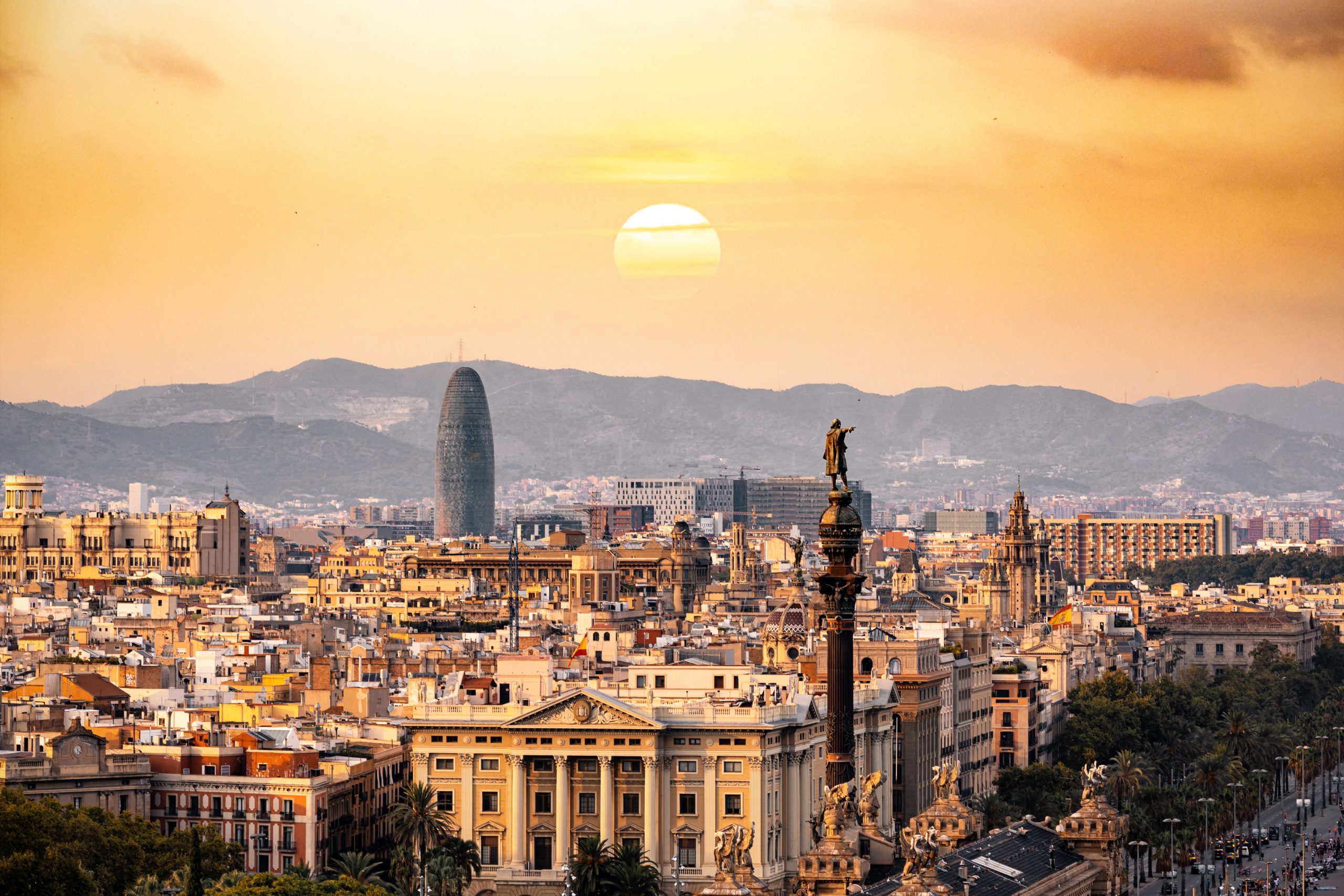 Almost everyone in Spain speaks Spanish, also known as Castillian, as either their first or second language. But, Spanish isn’t the only language spoken in Spain. Catalan (or Valencian) is spoken by 19% of the population, Galician by 5%, and Basque by 2% of the population. Although they are not spoken by a large percentage of people, it’s important that anyone doing business in Spain understand the political and cultural importance of Catalan, Galician and Basque.
Almost everyone in Spain speaks Spanish, also known as Castillian, as either their first or second language. But, Spanish isn’t the only language spoken in Spain. Catalan (or Valencian) is spoken by 19% of the population, Galician by 5%, and Basque by 2% of the population. Although they are not spoken by a large percentage of people, it’s important that anyone doing business in Spain understand the political and cultural importance of Catalan, Galician and Basque.
Catalan
Catalan is named after the medieval Principality of Catalonia located in northeastern modern Spain. It is the only official language of Andorra, a small independent principality located between France and Spain. Catalan is also a co-official language of the Spanish autonomous communities of Catalonia, the Balearic Islands and Valencia (where the language is known as Valencian). Catalan is also spoken in some areas of Italy and France.
Catalonia is a wealthy, semi-autonomous region of Spain. Barcelona, the capital of Catalonia, is the second most populous city in Spain and is a well-known mecca of international commerce and culture. Catalan nationalists believe that their region sends too much money to poorer parts of Spain. In a referendum on October 1, 2017 about 90% of Catalan voters backed independence. Spain’s Constitutional Court declared the referendum illegal. In June 2018, Catalan nationalists regained control of the region. An understanding of, and respect for, Catalan language and culture is essential for anyone doing business in this wealthy region of Spain.
Basque
The Basques are an indigenous group who live primarily around the western end of the Pyrenees on the coast of the Bay of Biscay and in parts of north-central Spain and south-western France. The Basque language is completely unrelated not only to Spanish, but to any other known language. There are many theories about how the Basque language developed, but its true origins are a mystery.
The Basque language, also called Euskara, is incredibly important to the Basque people. Basques identify themselves as euskaldun and their country as Euskal Herria, literally “Basque speaker” and “Country of the Basque Language.” The language has been made a political issue by historic and current Spanish and French policies that limit or ban its use; however, this has not stopped the teaching, speaking, writing, and cultivating of this minority language. Many Basques consider themselves French or Spanish, as well as Basque. Basques who don’t have a sense of Spanish identity make up an important part of the population. If you want to make a true connection with Basque clients or customers, it’s important that you have the ability to translate your materials into Basque as well as Spanish.
Galician
Galician, which is very similar to Portuguese, is spoken primarily in the autonomous area of Galicia, located in Northwestern Spain. Spanish and Galician are both considered official languages of the area. While most Galicians are bilingual, a 2013 report found that 51% of Galicians speak Galician more often than Spanish. Because there is not the same political controversy involving the language as there is with Castillian and Basque, it may not be as important for those doing business in Spain to also translate documents into Galician.
Translation requires a strong understanding of not only the languages with which you work but the cultural and political implications of the languages as well. At Alpha Omega Translations we pride ourselves on being informed and aware of today’s geopolitical language issues so that we can best help you. Check out our complete list of translation services.




